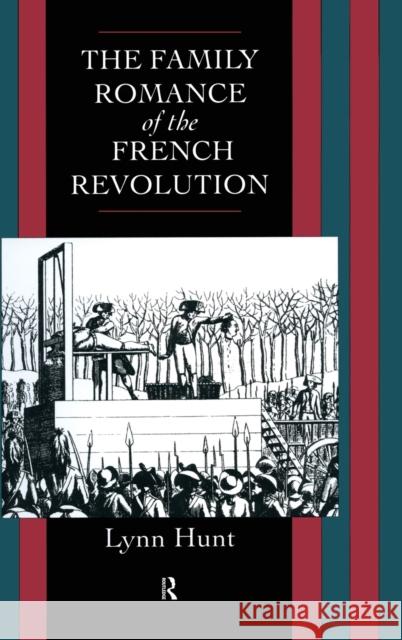Family Romance of the French Revolution » książka
Family Romance of the French Revolution
ISBN-13: 9780415082365 / Angielski / Twarda / 1992 / 228 str.
Family Romance of the French Revolution
ISBN-13: 9780415082365 / Angielski / Twarda / 1992 / 228 str.
(netto: 711,95 VAT: 5%)
Najniższa cena z 30 dni: 654,86
ok. 30 dni roboczych.
Darmowa dostawa!
Using a wide range of artistic, iconographic, literary and historical sources, Lynn Hunt undertakes a Freudian-influenced-analysis of the French Revolution. The depostion of France's monarchy, allegations of Marie-Antoinette's sexual debauchery and incest with her son, followed by the execution of Louis XVI and later his wife, were part of an unfolding revolutionary family drama, in which the positions of fathers, mothers, brothers and sisters were being realigned according to the new standards of rationalism, universalism, and especially, fraternity. Lynn Hunt investigates how the narratives of family relations structured the collective political unconscious, and how the French Revolution violently disrupted the patriarchal model of authority. Hunt's argument includes re-readings of a number of interesting and sometimes bizarre, cultural manifestations that surfaced during the revolutionary period: literary obsessions with orphaned children and incest, pornography focusing on Marie-Antoinette and a tour-de-force analysis of Sade's work.
This latest work from an author known for her contributions to the new cultural history is a daring, multidisciplinary investigation of the imaginative foundations of modern politics. Hunt uses the term `Family Romance', (coined by Freud to describe the fantasy of being freed from one's family and belonging to one of higher social standing), in a broader sense, to describe the images of the familial order that structured the collective political unconscious. In a wide-ranging account that uses novels, engravings, paintings, speeches, newspaper editorials, pornographic writing, and revolutionary legislation about the family, Hunt shows that the politics of the French Revolution were experienced through the network of the family romance.











